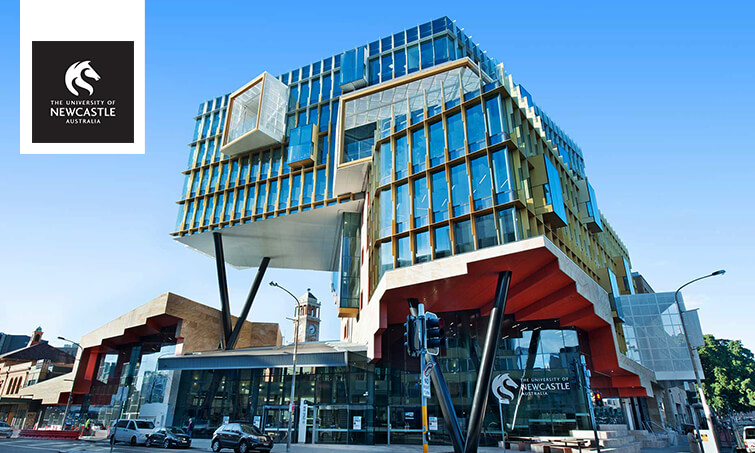The University of Newcastle is a leader in university education, with a reputation for high quality teaching and learning and exciting, contemporary academic programs. Our degree programs are internationally recognised. Our research is world-class and diverse and our partnerships and collaborations drive innovation. UON is ranked in the top 1% of universities worldwide.
Demonstrating our commitment to relevant teaching is our approach to problem-based learning, first pioneered by us some 40 years ago, which underpins our degree programs in medicine, engineering, architecture, nursing, social work and law. The University of Newcastle 2020-2025 Strategic Plan "Looking Ahead" focuses on our communities, our regions and our responsibilities. We are committed to be a driving force for excellence and equity in higher education. We will deliver an exceptional student experience, preparing graduate for life in an increasingly interconnected society. Through relevant research solutions, we will bring the world to our regions, and take our regions to the world.












